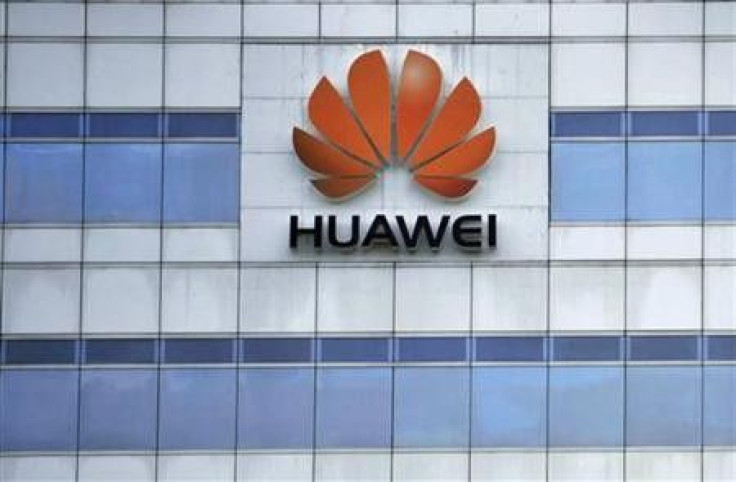Huawei calls on U.S. government to investigate it

China's Huawei Technologies Co has challenged the United States to launch a formal investigation into its business, in an attempt by one of the world's largest telecommunications equipment makers to clear its name from allegations that have blocked U.S. deals.
The highly unusual call follows the outcome of a recent U.S. government foreign investment review that is forcing Huawei to sell assets it bought from 3Leaf, a small U.S. company. Three years ago, Huawei had to pull back from a bigger proposed investment in 3Com, in similar circumstances.
The company said it has been the victim of misperceptions about its relationship with the Chinese military because its founder, Ren Zhengfei, served in the People's Liberation Army until 1983.
Huawei said the U.S. should investigate any doubts it has so that it can reach an accurate conclusion.
We're literally willing to do anything the government might ask to give them visibility, said Bill Plummer, Huawei's U.S.-based vice president for external affairs. We're open to any type of investigation or audit or review that they feel would address whatever concerns they have.
Huawei said its ability to do business in the United States has been hurt significantly in the past 10 years by unproven allegations. As well as problems it had with acquisitions, U.S. Republican lawmakers also raised national security concerns about Huawei's bid to supply wireless network equipment to Sprint Nextel Corp last year.
But the company said nobody had proven any links between its business and military technology.
No one has ever offered any evidence that Huawei has been involved in any military technologies at any time, the company said in an open letter it posted on its website on Thursday.
Huawei has made huge strides in recent years in the wireless network equipment market, where it has overtaken big players such as Alcatel-Lucent.
Analysts say it is roughly neck-and-neck with Nokia Siemens Networks (NSN), for second place in that market which is led by Sweden's Ericsson.
Besides the military question, Huawei said other misperceptions relate to disputes over intellectual property rights, financial backing from the Chinese government and concerns it could use its technology to steal confidential information or launch attacks on U.S. networks.
But the company said there was no evidence it has violated any security rules.
Huawei said that since it was founded in 1987, it has respected intellectual property rights. For example it has paid San Diego-based Qualcomm $600 million in fees for use of its technology over the years, it said. The company also noted that Cisco Systems withdrew a lawsuit against Huawei over an alleged intellectual property rights infringement.
Huawei itself recently filed a U.S. lawsuit against Motorola Solutions, a long-standing Huawei partner, as it sought to prevent Motorola from transferring trade secrets to Nokia Siemens, a venture of Nokia and Siemens, through assets Motorola is selling to NSN.
China's regulators have yet to give the go-ahead for Motorola's proposed $1.2 billion sale of its network gear unit to NSN.
As for financial backing by the Chinese government, Huawei said it receives government support in the same way that the U.S. government offers support such as tax incentives to U.S. companies. It said it received only $89.75 million of support from the Chinese government in 2010.
The U.S. Treasury Department would not comment directly on the Huawei letter but a spokeswoman insisted that the United States remains receptive to Chinese investment.
The company did not give specifics on what information it would offer U.S. authorities in any investigation.
Plummer said it was difficult to cite specific information the company is willing to offer since it only knows about U.S. concerns on a surface level.
© Copyright Thomson Reuters 2024. All rights reserved.











